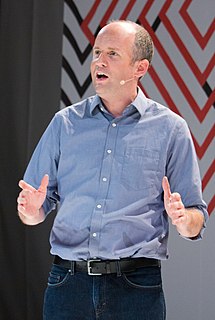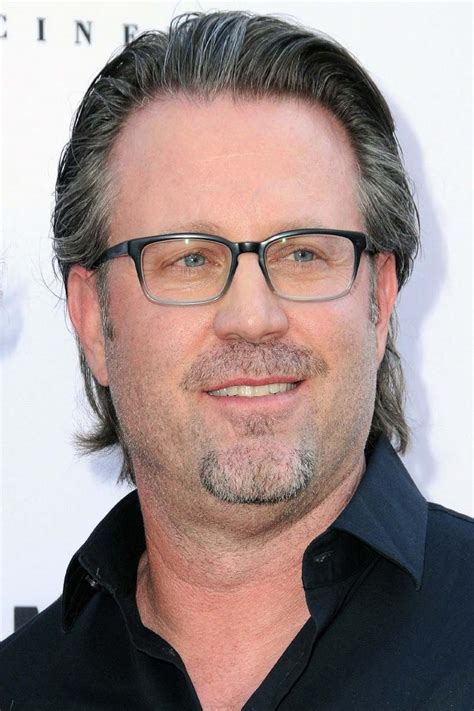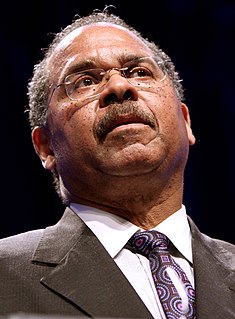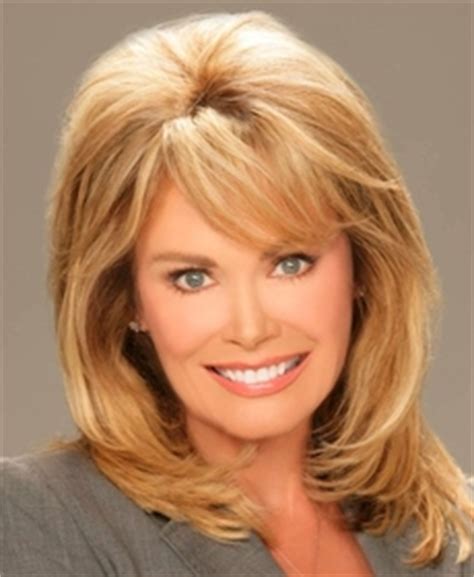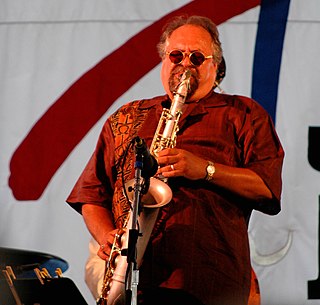A Quote by John Kao
Conducting a creativity audit can be very illuminating because it can tell you how the process is working internally and against the competition.
Quote Topics
Related Quotes
It is illuminating to note, here, how the daily rituals and working routines of prolific authors and artists - people who really do get a lot done - very rarely include techniques for 'getting motivated' or 'feeling inspired'. Quite the opposite: they tend to emphasise the mechanics of the working process, focusing not on generating the right mood, but on accomplishing certain physical actions, regardless of mood.
There are some pretty obvious ways of benchmarking creativity. One way is to perform what I call a creativity audit, which is to look at your capabilities and look at your performance and examine the percentage of revenue that comes from products that are less than five years old, less than three years old and that are current with the present accounting period. You can then compare those figures to those of your competition along the same axes.
I had a very blessed journey with the upbringing I had. When you're working on sets as a stuntman, you have a firsthand account of the dynamics between actors and directors, because you're working hand in hand with them. You're not sitting outside the process watching. You become part of the process. You also see your tradecraft and see how movies are made.
Writing is a process and you must trust the process! Fear and anxiety are part of that process along with the enthusaism and the good days and the joy and the passion and the great hopes you have for a book. But when you run into problems, when you get stuck or scared, you must trust that that is part of how a book comes to pass, and what you need to do is get very still and quiet because Self will tell you how to get out of a hole you've dug for yourself.
For me, filmmaking is an ongoing self-reflection process. I kind of push everything to the edge. I feel very exposed and fragile when I make a film. It's a process of dealing with loneliness. And it's also very dramatic - because while you are working on a film, you just realize how incapable you are of dealing with all these things. And you open yourself up, and it's like your heart is utterly exposed. And it's very tiring on a daily basis.
I'm trying to be expressive on my instrument and conduct as I'm improvising. So I'm conducting with the melodies and the rhythms that I play. And so it's a very organic way. It's a lot like Charles Mingus played, cuing people in from what you play and how you play it rather than standing in front of a band, conducting and pointing.



